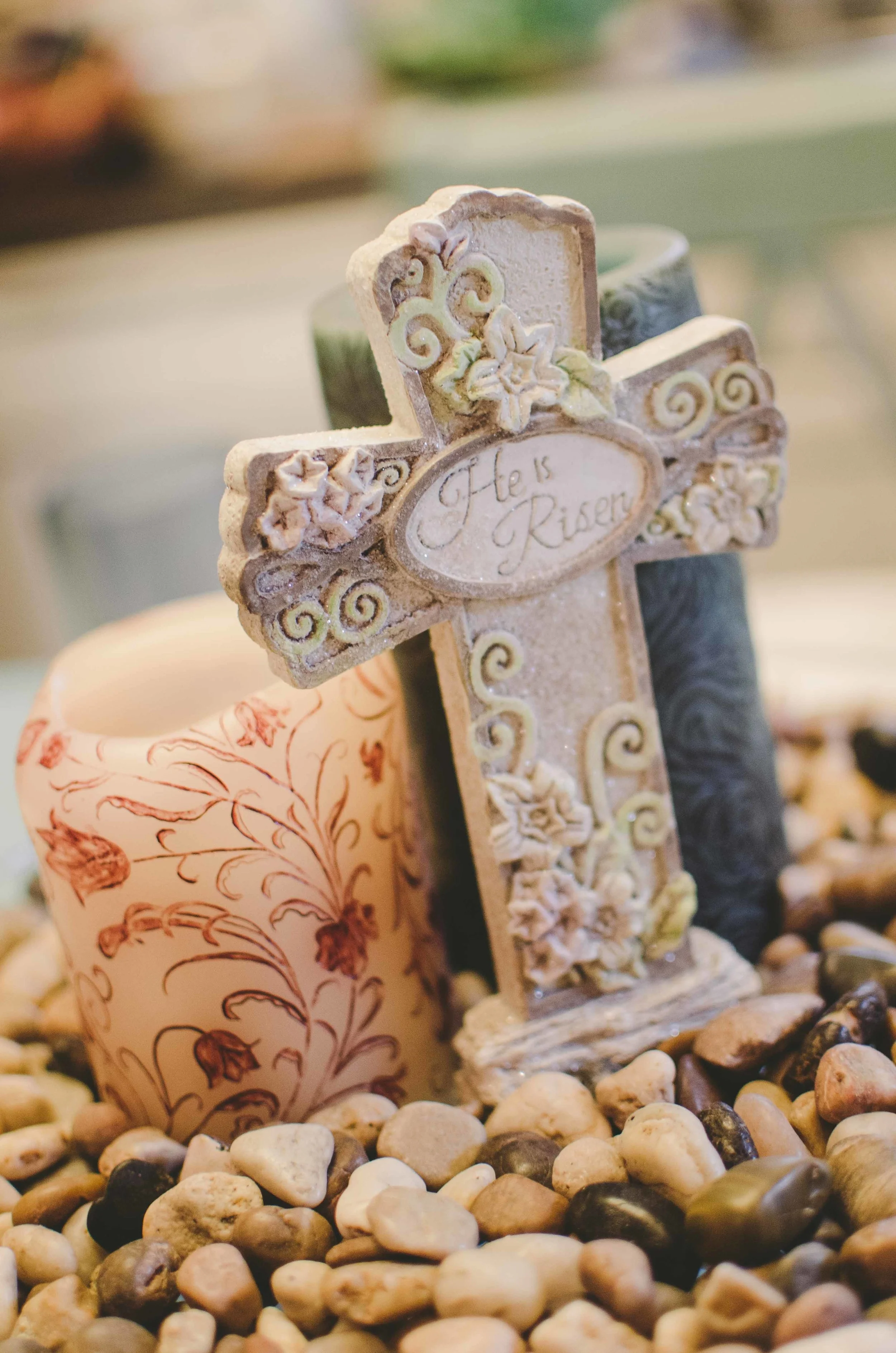The Cherubim and the Flaming Sword
When I think of the word memorial my mind fills with images made of stone: buildings, statues, cement benches, large rocks and walls engraved with names and dates of people who are no longer with us. Memorials are built to help us remember. They are there to remind us of lives sacrificed for ideals or to bring to remembrance great men and women who changed our world for the better because of their ideals. Popular memorials include The Lincoln Memorial, the Marine Corps War Memorial and the Vietnam Veterans Memorial. A gravestone is a memorial and so are the vast faces of Mt. Rushmore. In the Bible memorials often took the form of altars that men such as Noah, Moses and Abraham set up to worship God.
Wikipedia defines the word memorial:
“A memorial is an object which serves as a focus for memory of something, usually a person (who has died) or an event. Popular forms of memorials include landmark objects or art objects such as sculptures, statues or fountains, and even entire parks.”
Over the next few weeks, I would like to look at some Biblical memorials. What I refer to as a memorial may be my own interpretation of the word. The point I want to try to make is a memorial should be a "thing" that makes us remember. Obviously, when you look at the Lincoln Memorial in Washington, DC, if you know your history, you remember what a great man and President he was and what he did to end slavery and bring unity to our Nation. The large carving in stone brings to remembrance the blood and sacrifice of thousands of men we do not know. Some were brothers by blood. Some were brothers by faith, but all of them believed they were fighting for a higher purpose. We should remember that.
In the third chapter of Genesis, we read about the fall of man (and woman) from God's grace and their subsequent expulsion from paradise. God had given them freedom to enjoy any of the delicacies in the garden, except from the tree of the knowledge of good and evil. From that one tree they were instructed to not eat. If you read the story here, you see how crafty the serpent was. He was and is a master of manipulation. He came to the woman, possibly because she is relational. She had no qualms about talking with the serpent, who happened to be very beautiful. Adam, may have just hit it over the head with a shovel for skulking about the garden. But Eve, she spoke with the beautiful snake. What I am curious about here is why Eve misquoted what God had said. God had told them not to eat of the tree, but she goes on to tell the serpent God said, "You shall not eat from it or touch it, or you will die." I am not going to spend time in this post discussing how that came about, but what happens thereafter has affected us all. The serpent manipulated and the women ate, and the man ate. They disobeyed and they were driven from the garden.
We can sit here and think, why did they do such a stupid thing? It was paradise! Perfect weather, sunshine, blue skies, green grass, no mosquitoes....I am just believing that part. But we are all guilty of not being satisfied. We all struggle with pride, thinking, I got this! So where does the memorial fit into all of this? Read on:
“So He drove the man out; and at the east of the garden of Eden He stationed the cherubim and the flaming sword which turned every direction to guard the way to the tree of life.”
I think the cherubim and the flaming sword are a memorial of sorts. They were put there, according to the scriptures to guard the way to the Tree of Life. Life was no longer being offered, now only hardship, aging and death. Obviously, in our day and age the garden of Eden no longer exists. There is no cherubim with a flaming sword sitting outside some garden gate in the Middle East. But at that time I think the cherubim and the flaming sword were a sign; a memorial that this could not be undone. Sin had come into the world and no one was allowed to go back. The beauty and perfection of the garden had been given over for the selfishness and pride of the flesh. That angel and his flaming sword were a memorial set up so that all who passed by could see and remember. They could see that this was once the place where God walked with His man and His woman. They could know and remember that it was no longer possible, at least not for the common man, until the cross.
Why is this important for us, as Christians to remember? Because this is where we came from. This is our heritage. Yes, you heard me. Sin is our heritage.
“Therefore, just as through one man sin entered into the world, and death through sin, and so death spread to all men, because all sinned—”
We really don't like to talk about sin. It make us uncomfortable. But so do memorials. Memorials remind us that someone gave their life so we might live. In the same way, Jesus gave His life so we might live. The cherubim and the flaming sword remind us why Jesus had to give His life for us. And praise His name, there is hope.
“For as through the one man’s disobedience the many were made sinners, even so through the obedience of the One the many will be made righteous.”
No! We cannot go back to the garden. That way has been closed, but a new way has opened up. And there is no angel with a flaming sword standing in front of that way, but a Savior with open arms.




